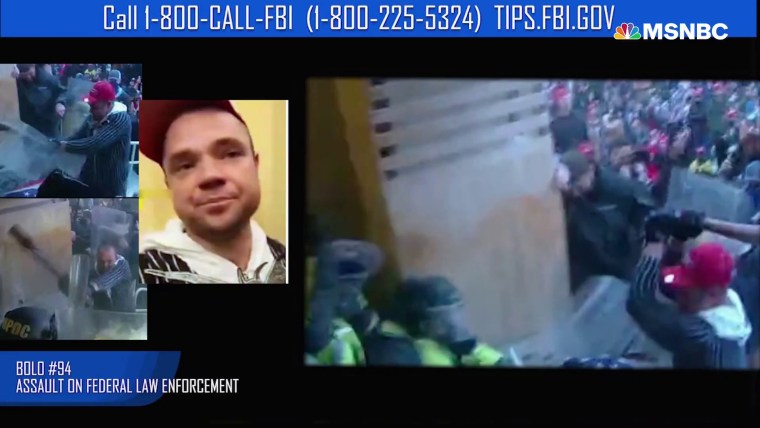During the Republican National Convention in 2016, Newt Gingrich sat down with CNN's Alisyn Camerota, who asked the former House Speaker about Donald Trump's many false claims. As I noted in my book, the interview was frustrating but illustrative of a larger problem.
The anchor noted, for example, that violent crime rates nationwide fell during Barack Obama's presidency, despite Trump's claims to the contrary. Gingrich said the evidence was irrelevant.
"The average American, I will bet you this morning, does not think crime is down, does not think they are safer," the Georgia Republican said. Camerota responded, "But it is. We are safer, and it is down." Gingrich, incredulous, said, "No, that's just your view."
The two went back and forth for a while, with the CNN host pointing to actual data, and the Trump surrogate arguing that facts and reason are less relevant than false opinions. "As a political candidate," Gingrich concluded, "I'll go with how people feel."
It was emblematic of an absurd school of thought: Credible evidence is fine, as far as it goes, but verifiable crime statistics are no match for what unprincipled politicians can get people to believe.
The comments also served as a reminder that when it comes to crime, Republicans are principally focused on perceptions.
Five years later, Gallup released a new report showing that a small majority of Americans believe crime in their area has gotten worse over the past year. But as is usually the case, the partisan differences matter:
This year's increase in Americans' belief that there is more crime in their area than a year ago is mostly explained by a surge among Republicans, rising 29 points from 38% in 2020 to 67% today.
Gallup published a helpful chart in its report, showing partisan attitudes on crime over the last couple of decades. It shows relative stability among Democratic and independent voters over the last several years on local crime perceptions, but wild swings among Republican voters.
But these swings are not without explanation. When White House control shifted from Bush to Obama, Republicans' crime fears jumped from 40 percent to 51 percent. When White House control shifted from Obama to Trump, GOP voters' perceptions about crime plummeted, falling from 54 percent to 36 percent. It remained low for four years.
And when the presidency shifted from Trump to Joe Biden, Republican voters' beliefs about crime spiked by nearly 30 points. It's easily the largest one-year spike, from any party affiliation, since Gallup started keeping track.
One need not be a political scientist to understand what's happening, but I'll go ahead and quote a political scientist anyway: Bloomberg Opinion's Jonathan Bernstein, referencing the image from Gallup's report, explained, "This is not a graph of 'crime perceptions differ by party'; it's a graph of 'Republican perceptions change overnight based [on the current president's party] while Democratic perceptions stay the same.'"
Quite right. A casual observer might see the Gallup report and think Americans are seeing increased crime in their communities, but that's not what's going on here. Rather, a Democratic president was elected, conservative media outlets shifted their crime coverage, and GOP voters responded with increased fear, right on cue.

